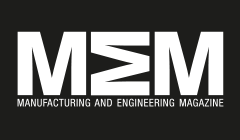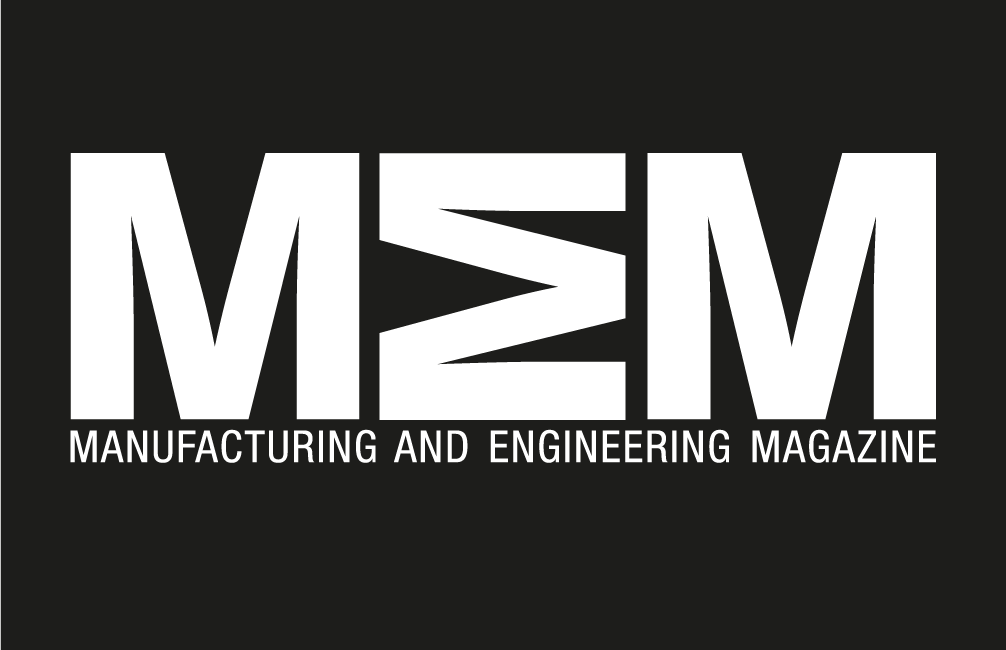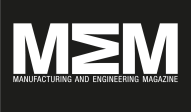CKF Systems Leads the Way in Palletising Systems
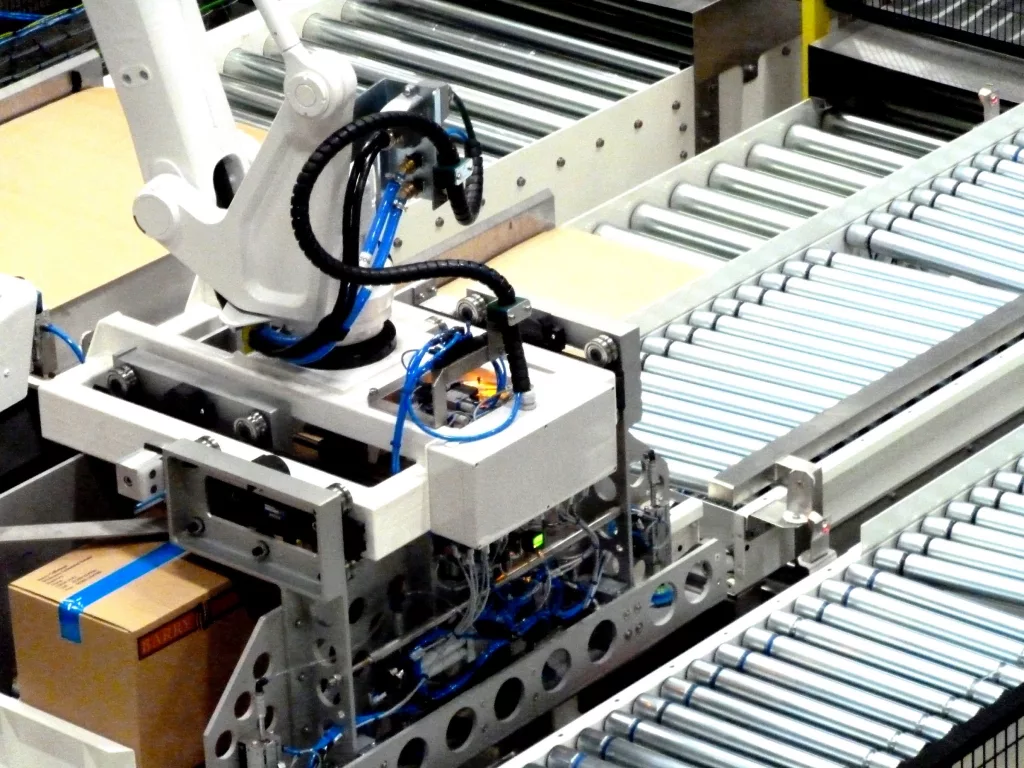
CKF Systems Ltd, a leading UK provider of Central Palletising Systems, employs around 50 engineering personnel at its modern 25,000 sqft premises in Gloucester. The company operates primarily within the food, pharmaceutical and automotive industries, providing automated solutions across almost every aspect of the production cycle with the design, build and installation of Central Palletising Systems where CKF has gained the most recognition. Typical examples of recent systems would include Cadbury in Sheffield, where CKF designed and installed a new palletising system incorporating three robot-palletising cells, each comprised of an ABB IRB660 robot with a vacuum gripper together with a pallet handling system including pallet dispensers and high speed stretch wrappers. The robots also have the ability to handle three separate pallet sizes with weights of up to 250 kilograms each, resulting in multiple box pick-up to reduce cycle times and maximise throughput. The CKF solution has provided Cadbury with fast, flexible palletising capabilities and productivity has vastly improved. It has also further strengthened Cadburyâs high standards of safety and reduced its carbon footprint. By increasing stacking heights to 1.7 metres, more products can be stacked on a single pallet; adding more pallets means a greater volume of stock is delivered using fewer vehicles and better utilising warehouse space. CKF was also appointed by one of the worldâs most popular snack brands to improve the versatility of its production plant and increase line speeds. The projectâs objective was to deliver its current eleven production lines, housed in two separate factories, into a centralised palletising system, capable of handling the full range of pallet types and stacking patterns. The handling of over 30 different products was a particular challenge as these included a wide variety of light weight, delicate product types, packed in an equally diverse range of cardboard outers, sleeves and trays. Further challenges related to case orientation, variable centres-of-gravity, overall stability and susceptibility to twisting and misalignment through the buffer zones. These handling considerations extended from the basic conveyoring through to the robot tooling and spiral wrapping of the pallets. Stacking patterns included over 40 options across the full range of product types and formats. It was a 12 month programme with real complexity and we worked to a very strict timetable and alongside the existing operation to ensure no loss in production, explains Kevin Staines, Sales Director, CKF Systems Ltd. That meant a full factory acceptance test of one of the three robot cells at our premises before installation. The new system incorporates effective interfacing, localised buffering and merge stations; whilst providing clearly defined routes for personnel and material movement. A series of spiral conveyors, inclined belts and driven roller systems have been configured to interface with the production lines and existing high level conveyors. The movement and control of the cases through the distribution area is monitored by strategically positioned barcode readers checking each individual outer and initiating merges or diverts. The menu selection from the main control panel determines the ultimate destination of each outer and the distribution system performs the required actions to direct the cases accordingly; including a facility to remove unidentified outers whilst operating at exceptionally high speeds and flow rates. Integral to the system is a comprehensive control system and management interface plus associated product handling, wrapping, labelling and monitoring equipment. The control system incorporates a 4-bay panel in the palletising area and a separate panel in the link area, both linked directly to a localised operator console. This centralised unit holds a full set of CSV files and contains the unique information relating to each product i.e. product type, pallet type, stacking pattern, etc Robots have increased the versatility of the 24/7 business, labour costs are down, line speeds improved and quality control has been tightened, enthuses Kevin Staines. There have been significant Health & Safety benefits and warehouse space can now also be better utilised with packaging materials removed from the manufacturing area and product pallets delivered straight to despatch. At the Banbury manufacturing plant of Barry Callebaut, the worldâs largest manufacturer of cocoa and chocolate products, CKF was commissioned to design, build and install an integrated robotic central palletising solution. The new system provides greater flexibility and reliability, utilises limited floor area, simplifies operational procedures and reduces maintenance costs. In addition, it was designed to overcome the challenges of picking up multiple sizes of boxes (between 10kg and 25kg), increased cycle rates and fully compliant with the companyâs stringent health and safety disciplines. Designed around a single robot cell with the ability to palletise three different SKUâs at the same time, the cell incorporates an ABB IRB 660 with a bespoke gripper to handle the full range of case sizes, weights and configurations. The case feed system comprised a high level interface complete with divert station and barcode detection, to direct the flow of designated cases to the robot cell and separate in to three defined collation stations. Each station incorporates an identical conditioning section to orientate and collate the cases into defined rows and counts for the robot pick to create the associated pallet pattern. A dedicated pallet load station was positioned at the end of each collation station and the cell also included two separate layer sheet feed sections to handle both Chep and Euro pallet sized sheets. The overall system included two dedicated pallet denesterâs, a loaded pallet discharge station and twin shuttle car. The complete operation is fully contained within a guard enclosure incorporating strategically positioned light beams, roller shutter door and interlocks to meet the very highest safety standards with zoned safety areas to maximise overall system efficiency. Reliability has increased and the capability of the single cell has more than doubled, from 300 to 700 cases per hour. We are delighted by the initial results and the mindset shown by CKF, explains Barry Callebaut Chief Engineer, Mike Parkins. CKF understands our business and the very high standards we demand. The new line fits perfectly with the companyâs long term capacity-increase model. Itâs
CKF Systems Ltd Managed to Secure £2.5 Million Worth of Contracts

CKF Systems Ltd is a automation and robotics systems specialist based in Gloucester. The company has managed to secure £2.5 million worth of contracts in the first quarter of 2017 and is said to be embracing a change in attitude following Brexit. After the referendum in June of last year in which Britain decided to leave the European Union, companies have been looking within the UK for the engineering expertise that is required for investment projects. The latest contracts brought in by CKF follow on from over £2.1 million worth of orders that have been placed in November and December last year. The company provides robotic picking, packing and palletizing services for their clients in the manufacturing industry. The company mainly focus on offering their services to the food, pharmaceutical and automotive sectors. CKF have managed a significant level of success which included a major design and build project for a project happening in India as part of a global food brand. However, the referendum last year lead to many investment projects being put on hold. It is promising that a lot of the UK manufacturers are wanting to purchase from within the UK. This has led to a growing train of thought that the increased cost pressures that have come from a weak currency as well as inflation and higher labour costs have encouraged businesses to invest in automation. This investment has also come from SMEs that have previously been resistant to many forms of change. CKF is one of the leading providers of integrated automated solutions in the UK and also holds the accolade of being one of five UK companies to receive Authorised Value Provider status from ABB. In order to prepare for business growth, the company has bought new premises that are located on the outskirts of Gloucester in 2014. These new premises apparently cost £1.2 million, but there has also been an investment of £300k in the development and refurbishment of the buildings and grounds.
Low Cost Robot Palletising Cell Developed By CKF
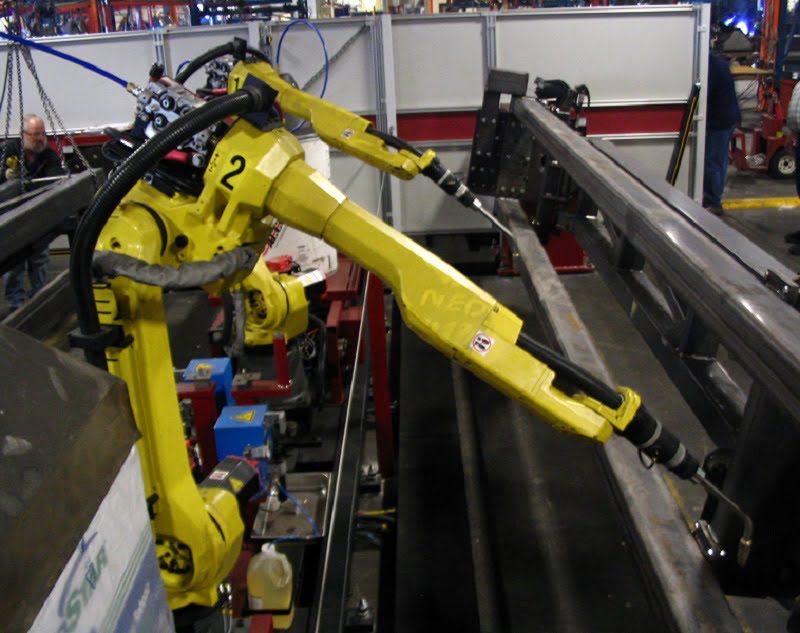
A range of cost-effective robot handling cells which have been designed specifically for companies that are operating a manual palletising line has been launched by CKF Systems Ltd, in the shape of the new AC25. The new development is seen as a direct replacement for any existing manual operations and it is reasonably priced considering how much easier it is to install and operate, with payback typically expected in less than two years! CFK Systems Ltd supplies automated handling, robotic solutions and conveyor systems to the manufacturing industry, and it has grown to become one of the leading companies doing so here in the UK. This exciting new development is expected to take the manufacturing industry by storm, as it will be extremely beneficial for many companies both in terms of efficiency and cost. Kevin Staines, the Sales Director at CKF Systems Ltd, has commented, Our objective was to design a low cost robot palletising cell that can be installed as a standalone operation or combined for multiple feeds with a common discharge into secondary palletising operations such as spiral wrappers or pallet stacking. All aspects of the cell are based on proven technologies and utilise user friendly interfaces for both operatives and engineers. The operational simplicity of this palletising cell means that we have addressed one of the biggest concerns of those SMEâs still resistant to change; that their businesses are unprepared for the complexities of automation. The AC25 helps to eradicate many problems associated with labour and human interface, and although the concept is fairly new, it will surely only be a matter of time before businesses are jumping at the chance of using CKFâs latest innovation. The British Automation and Robot Association (BARA) has been fully supportive of the news, so now it is time to see this development put into action a wider industry scale!
